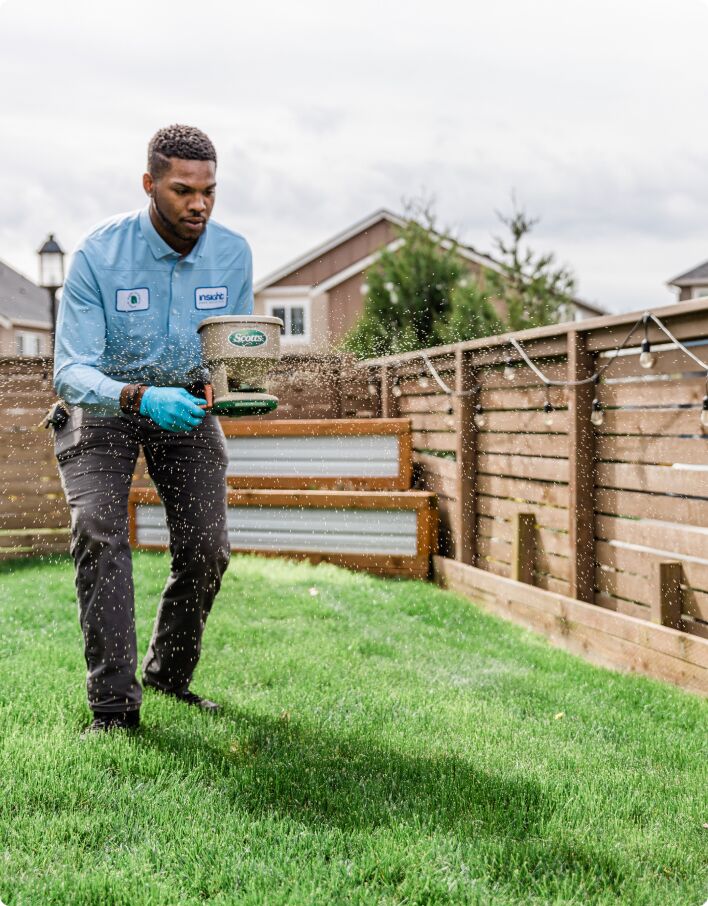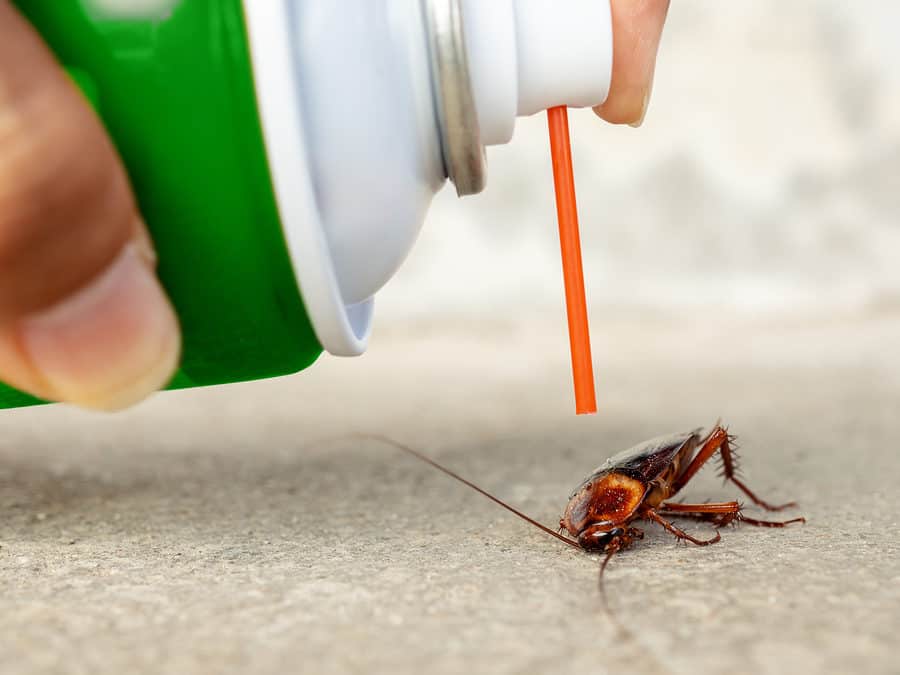Dealing With Pests in Orem: Depend On Our Pest Control Solutions for Comfort
Dealing With Pests in Orem: Depend On Our Pest Control Solutions for Comfort
Blog Article
Uncovering the Different Sorts Of Bug Control Techniques and Their Applications
Bug control is a critical aspect of maintaining a healthy and secure atmosphere, whether it remain in domestic, business, or agricultural setups. Various strategies have actually been created and improved throughout the years to properly minimize and manage pest problems. From chemical approaches that target specific insects to biological methods that harness all-natural predators, the realm of insect control is diverse and huge. Understanding the different kinds of parasite control methods and their applications is essential for applying one of the most ideal and lasting options. Let's discover the intricacies of these methods and just how they can be efficiently used to address pest-related challenges.
Chemical Bug Control Methods
Chemical parasite control strategies are extensively utilized in agriculture and bug management to properly get rid of or regulate pest invasions. These approaches include using chemical substances, such as herbicides, pesticides, and pesticides, to lower or remove insect populaces that present a risk to crops, livestock, or human health. Chemicals, for example, target certain insects like weeds, rodents, or pests, interrupting their life cycles or triggering straight injury upon contact. Herbicides are especially developed to control undesirable vegetation that takes on plants for nutrients and sources. Pesticides, on the various other hand, are used to combat insect pests that can harm crops and transfer illness.
While chemical bug control methods can be very efficient in handling parasite populaces, they additionally raise worries about prospective environmental and wellness dangers. It is necessary to adhere to security standards, make use of incorporated pest monitoring strategies, and take into consideration alternate techniques to minimize the negative influences of chemical bug control strategies.
Organic Parasite Control Approaches
 Biological parasite control methods utilize living microorganisms to reduce and take care of insect populations in a sustainable and eco friendly manner. One common method is the launch of ladybugs to fight aphids in gardens, as ladybugs are natural killers of these devastating insects.
Biological parasite control methods utilize living microorganisms to reduce and take care of insect populations in a sustainable and eco friendly manner. One common method is the launch of ladybugs to fight aphids in gardens, as ladybugs are natural killers of these devastating insects.
Organic insect control approaches use several benefits over chemical approaches. They are usually more secure for the atmosphere, as they do not leave damaging deposits or add to air pollution. Additionally, these approaches are commonly much more targeted, affecting just the parasite types without hurting advantageous bugs or various other organisms. Organic control can be a long-term service, as the presented microorganisms can establish lasting populations and provide ongoing parasite administration. Overall, organic pest control approaches offer a effective and all-natural option to typical chemical treatments, promoting a balanced community and much healthier atmospheres.
Physical Pest Control Approaches
Utilizing physical techniques to regulate pests includes making use of mechanical or non-chemical ways to mitigate and take care of bug problems properly. These approaches rely upon physical barriers, traps, and various other strategies to discourage and remove insects without making use of damaging chemicals. One usual physical insect control method is the installation of screens, fences, or webs to block bugs from going into specific locations. This technique is specifically reliable in staying out bugs and small pets from structures or yards.
An additional physical strategy is using catches, such as breeze traps for rodents or pheromone traps for pests. These traps purpose to capture bugs without positioning any type of risk to humans or the environment. In addition, physical control techniques can include techniques like handpicking insects off plants, utilizing vacuum cleaner tools to get rid of bugs, or employing warm therapies to eliminate bed insects and other bugs in ravaged locations.
Integrated Insect Monitoring Methods
Implementing an all natural technique to pest monitoring, Integrated Bug Administration (IPM) strategies intend to combine numerous reliable strategies to manage and avoid parasite infestations while lessening ecological impact and making sure sustainable pest control techniques. IPM involves the assimilation of numerous control approaches such as organic control, cultural view it now practices, mechanical control, and the careful use of pesticides.

Moreover, IPM stresses the value of tracking and assessing pest populations to identify one of the most suitable control approaches. By applying IPM techniques, insect control initiatives end read more up being more targeted and efficient, decreasing the threats connected with too much chemical use and promoting long-lasting parasite administration remedies.
Natural and Organic Bug Control Options

One popular natural pest control method is neem oil, obtained from the seeds of the neem tree, which serves as a repellent and disrupts the development and development of pests. Diatomaceous earth, an all-natural silica-based powder, is an additional reliable organic bug control choice that functions by dehydrating insects upon call. By integrating natural and natural bug control alternatives right into parasite monitoring methods, people can efficiently regulate bugs while minimizing harm to the atmosphere and promoting lasting methods.
Verdict
In verdict, various insect control techniques such as chemical, organic, physical, incorporated bug administration, and natural options are offered for effectively handling insect infestations. Each technique has its own advantages and applications relying on the type of insect and the environment. By comprehending the various sorts read the article of bug control strategies and their applications, people can make enlightened choices on one of the most appropriate approach to regulate insects and secure their property.
Chemical insect control techniques are commonly utilized in farming and bug management to effectively eliminate or control pest invasions - Orem Pest Control. All-natural bug control techniques involve utilizing biological control agents, such as killers or bloodsuckers, to manage insect populations. By integrating all-natural and organic bug control alternatives into pest monitoring strategies, people can effectively control insects while minimizing damage to the environment and advertising sustainable practices
In verdict, numerous insect control techniques such as chemical, organic, physical, incorporated pest management, and natural choices are available for properly taking care of insect problems. By understanding the different types of parasite control techniques and their applications, individuals can make enlightened decisions on the most suitable approach to regulate insects and secure their home.
Report this page